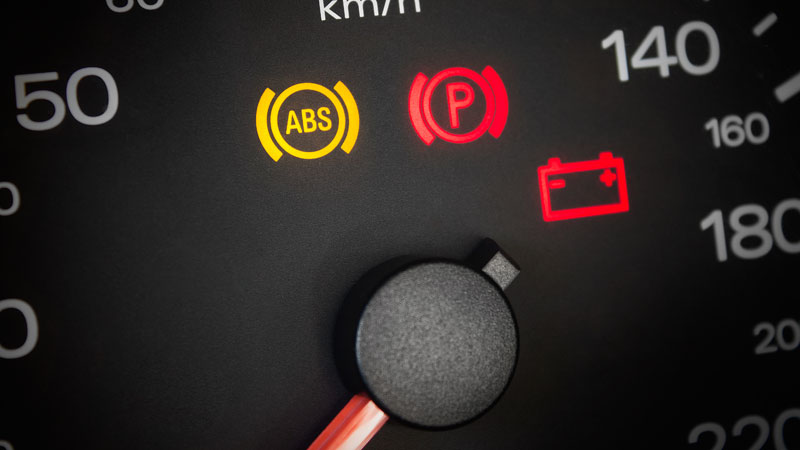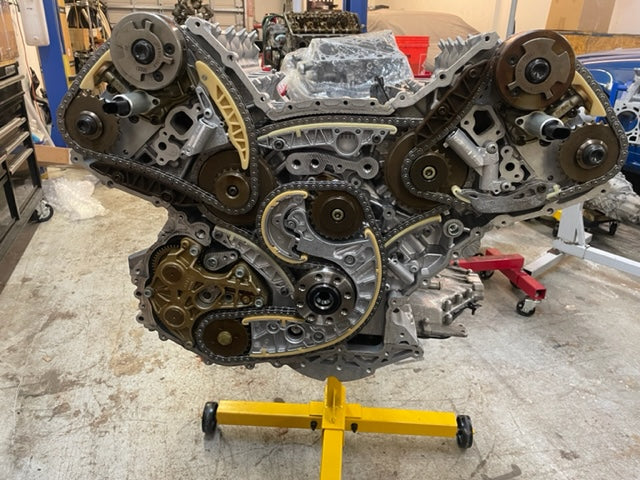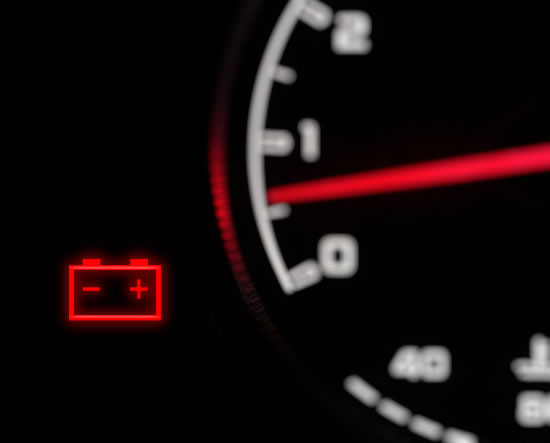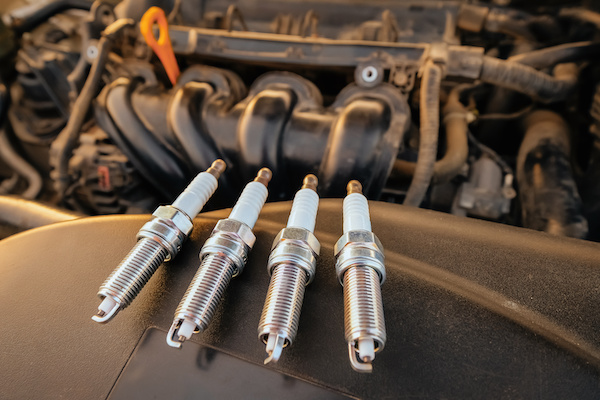In the realm of automotive mysteries, few things can be as perplexing as the ABS light turning on and off in your vehicle. Whether you’re a seasoned driver or a novice, this occurrence can leave you scratching your head. Fear not, for in this comprehensive guide, we’ll delve into the reasons behind this phenomenon, offering valuable insights and expert advice to shed light on the situation.

Understanding the ABS System
ABS Light Turns On and Off
The ABS light turning on and off is often your vehicle’s way of telling you that something’s amiss with its Anti-Lock Braking System (ABS). This crucial system is designed to prevent your wheels from locking up during sudden stops, ensuring your vehicle remains stable and under control.
Common Causes of ABS Light Activation
- Faulty Wheel Speed Sensors: These sensors monitor wheel speed and are vital for the ABS system to function correctly. When they malfunction, the ABS light can illuminate.
- Low Brake Fluid: Insufficient brake fluid levels can trigger the ABS light, indicating a potential brake system problem.
- Worn Brake Pads: As brake pads wear down, it can affect the ABS system’s performance, leading to intermittent ABS light activation.
- ABS Module Issues: Problems with the ABS control module can also result in the light turning on and off.
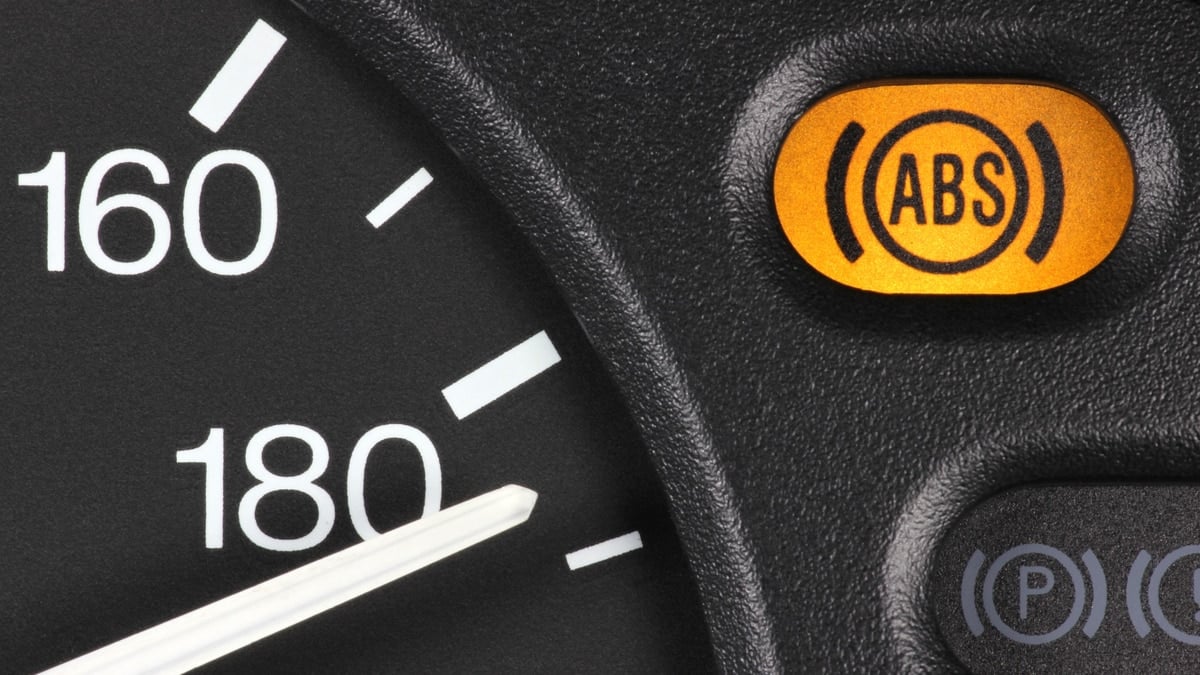
Troubleshooting the ABS Light
Steps to Take When the ABS Light Comes On
When you notice the ABS light in your vehicle, follow these steps:
- Check Brake Fluid: Ensure your brake fluid reservoir is at the recommended level. If it’s low, refill it and monitor for changes in the ABS light.
- Inspect Brake Pads: Visually inspect your brake pads for wear and tear. If they are worn down, it’s advisable to replace them.
- Diagnostic Scan: Use an OBD-II scanner to retrieve error codes from your vehicle’s computer. This can provide valuable insights into the issue.
- Professional Inspection: If the problem persists, it’s best to consult a professional mechanic for a thorough inspection.
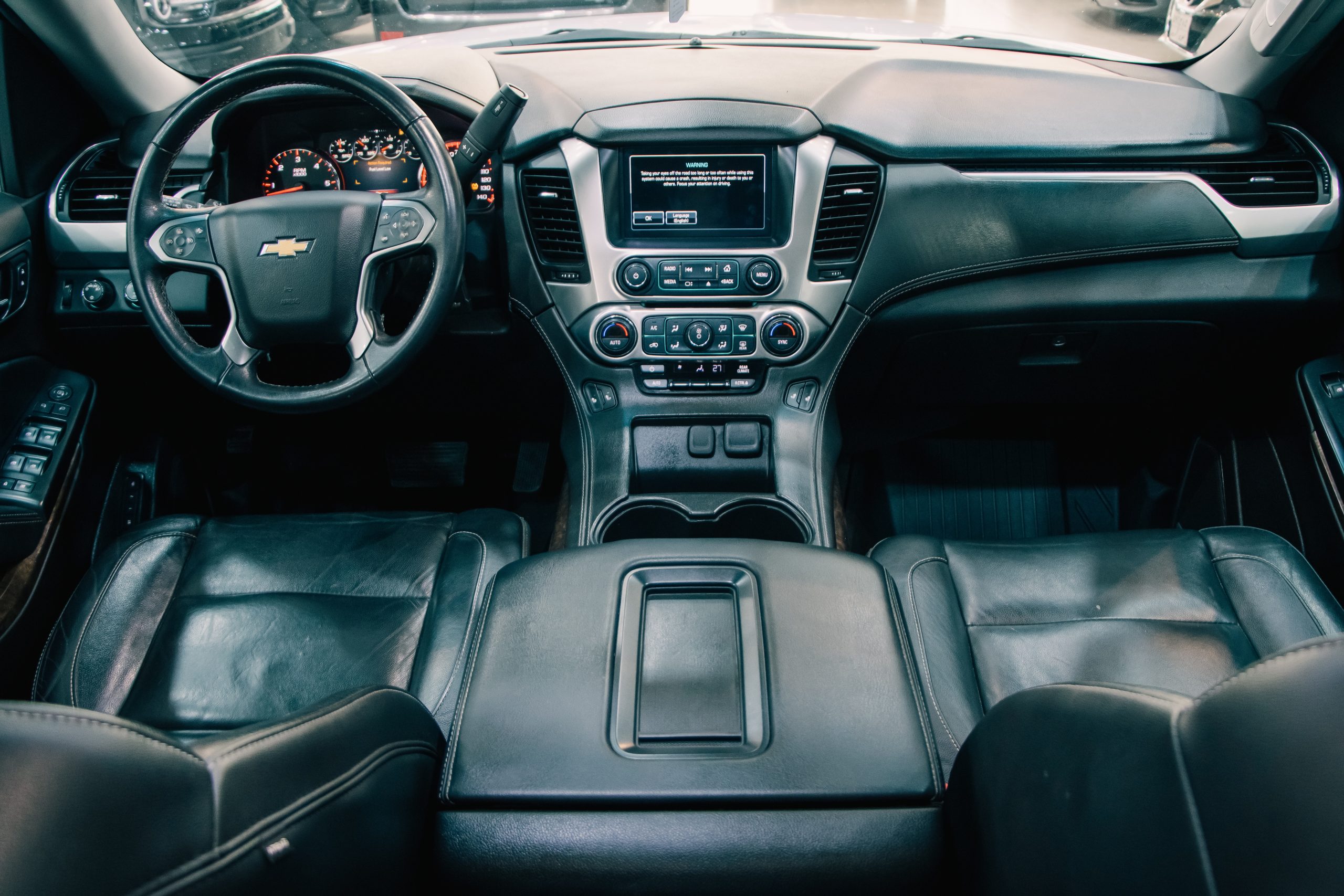
Maintaining Your Vehicle’s ABS System
Regular Inspection
To keep your ABS system in top-notch condition, consider performing regular inspections. You can visually examine the wheel speed sensors and the condition of your brake pads. If you notice any signs of wear or damage, address them promptly.
Brake Fluid Checks
Monitor your brake fluid levels regularly. Low brake fluid can lead to ABS light activation. Ensure the brake fluid reservoir is filled to the recommended level and replace it with the appropriate type if necessary.
Professional Maintenance
While some ABS system issues can be tackled by DIY enthusiasts, it’s essential to recognize your limitations. Complex problems, such as ABS module malfunctions, may require professional intervention. Regularly scheduled maintenance visits to a qualified mechanic can help identify and address potential ABS system concerns.
FAQs
Q: Why does the ABS light turn off after a while?
A: The ABS light may turn off if the issue that triggered it temporarily resolves itself. However, it’s crucial to address the underlying problem to ensure your safety.
Q: Can I continue driving with the ABS light on?
A: While your vehicle is drivable with the ABS light on, it’s not advisable. The ABS system may not function correctly, increasing the risk of accidents during sudden stops.
Q: How much does it cost to repair the ABS system?
A: Repair costs vary depending on the issue. Simple fixes like replacing sensors or brake pads can be affordable, while ABS module replacement can be more expensive.
Q: Is it safe to reset the ABS light without fixing the issue?
A: Resetting the ABS light without addressing the problem is not recommended. It’s essential to identify and resolve the underlying issue for your safety.
Q: Can I perform ABS system repairs myself?
A: Some minor ABS repairs, like sensor replacement, can be done by experienced DIYers. However, complex issues may require professional expertise.
Q: How can I prevent ABS system issues?
A: Regular maintenance, including brake pad checks and fluid level monitoring, can help prevent ABS system problems.
Conclusion
In the world of automotive troubleshooting, understanding why the ABS light turns on and off is a valuable skill. It can help you address potential safety issues promptly and ensure your vehicle’s ABS system operates at its best. Remember, when in doubt, seek professional assistance to keep your journeys safe and worry-free.

